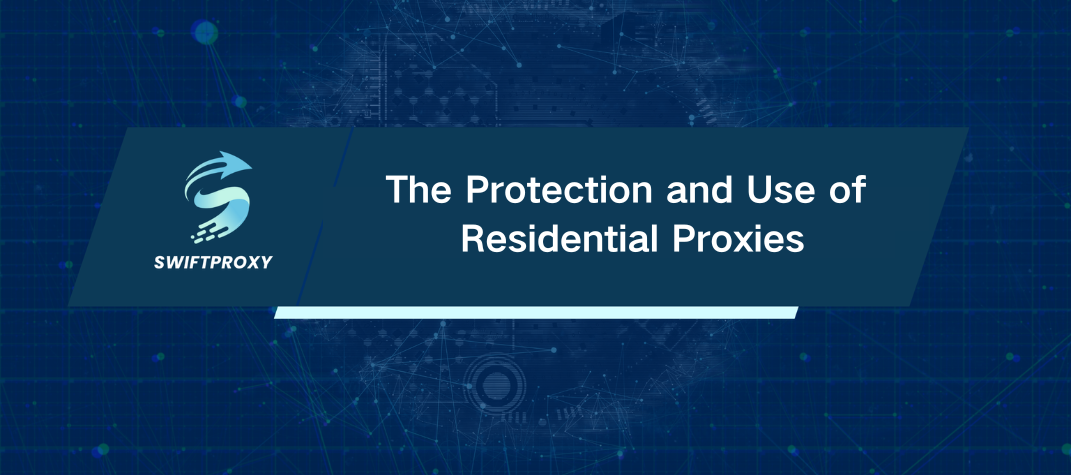The Protection and Use of Residential Proxies

Privacy is crucial when using the internet, and people are increasingly seeking measures to protect their privacy, which makes proxy networks an essential tool. Proxies, especially residential proxies, act as intermediaries between users and the internet, providing assistance. They function like a barrier, protecting your personal information from being exposed.
The Role of Residential IP Addresses
An IP address, or Internet Protocol address, is a series of numbers separated by periods and assigned by the Internet Assigned Numbers Authority (IANA).
In contrast, a residential IP address is provided by your Internet Service Provider (ISP) and can change periodically. When you use social media, your IP address reveals your identity, including your ISP and location. This exposure can limit your access to certain websites or content that may be restricted to other countries or regions.
Residential Proxies for Privacy and Geo-Restriction Bypass
A proxy serves as an intermediary between the user and the web, providing anonymity as one of its primary benefits.
A residential proxy employs IP addresses from specific residential locations, allowing you to select a particular area, such as a city or neighborhood. This enables you to browse the internet as if you were in that chosen location, avoiding geo-blocks and facilitating web scraping without restrictions.
Residential proxies operate by directing your request through their servers, which use a different residential IP address. Once the website approves the request, you can access the site's data freely.
Without a residential proxy, your request is made using your own IP address, making your location and network easily traceable. Using a residential proxy masks your IP address, ensuring your anonymity and protecting your identity.
How Residential Proxies Are Used
· Social Media Account Management
Social media platforms have become increasingly stringent about users having multiple accounts, aiming to prevent suspicious activities. However, residential proxies make it feasible to manage several accounts by providing distinct IP addresses for each one. This approach helps prevent bans and flags, ensuring that your multiple social media accounts remain secure and functional.
· Scraping Web
Web scraping involves extracting data from websites. However, some sites may block access based on your geographic location. By employing a residential proxy, you can access data from specific regions and conceal your IP address during the scraping process, ensuring both access and privacy.
· Avoid Tracking and Safeguard Your Brand
Whether you're a business or an individual, using a residential proxy is essential for safeguarding your identity. This helps prevent you from being tracked or traced. When researching competitors or monitoring market trends, a residential proxy allows you to do so discreetly. You can conduct your research without worrying about being followed or identified by competitors, ensuring your identity remains protected.
Final Thoughts
In summary, residential proxies are a valuable tool for maintaining your anonymity and privacy. They offer numerous benefits, ensuring that your data remains protected and secure. Swiftproxy residential proxies have consistently been a favorite choice among customers. If you have a need for residential proxies, consider Swiftproxy.

















































